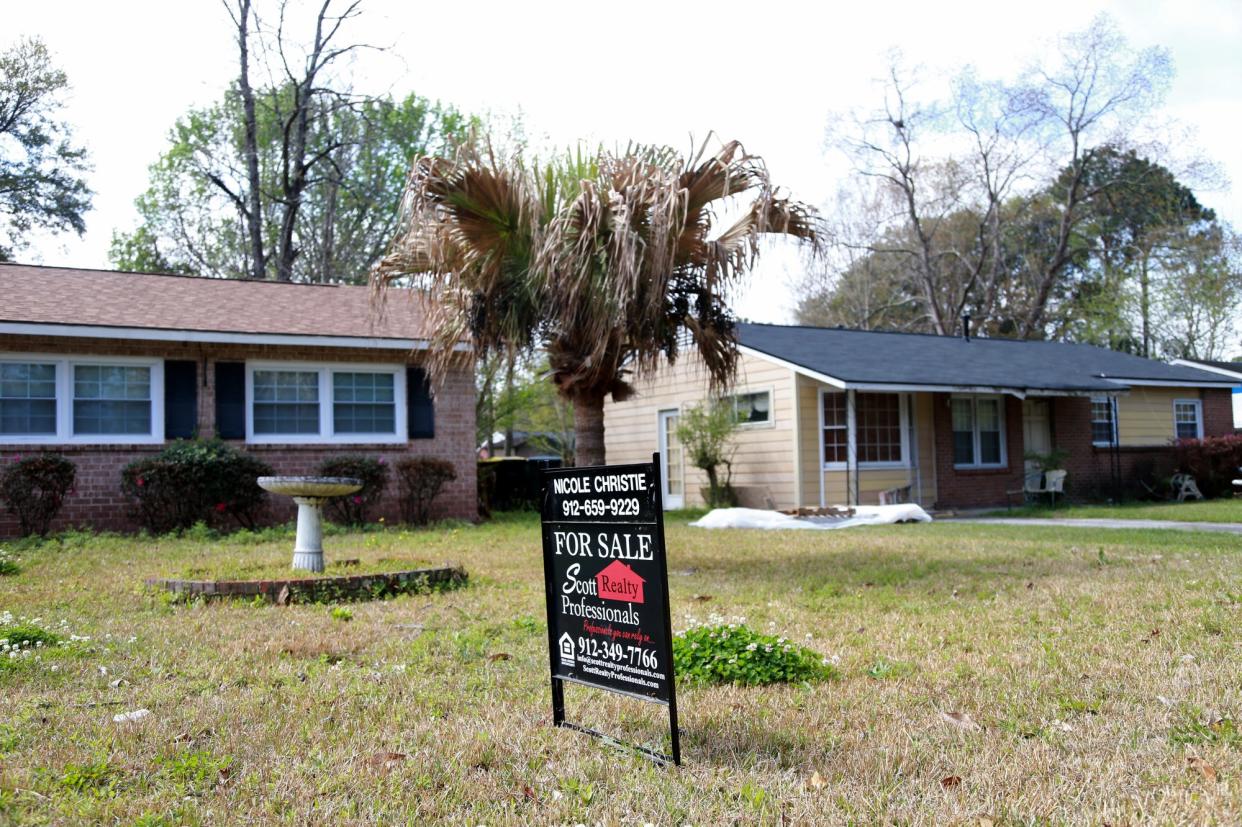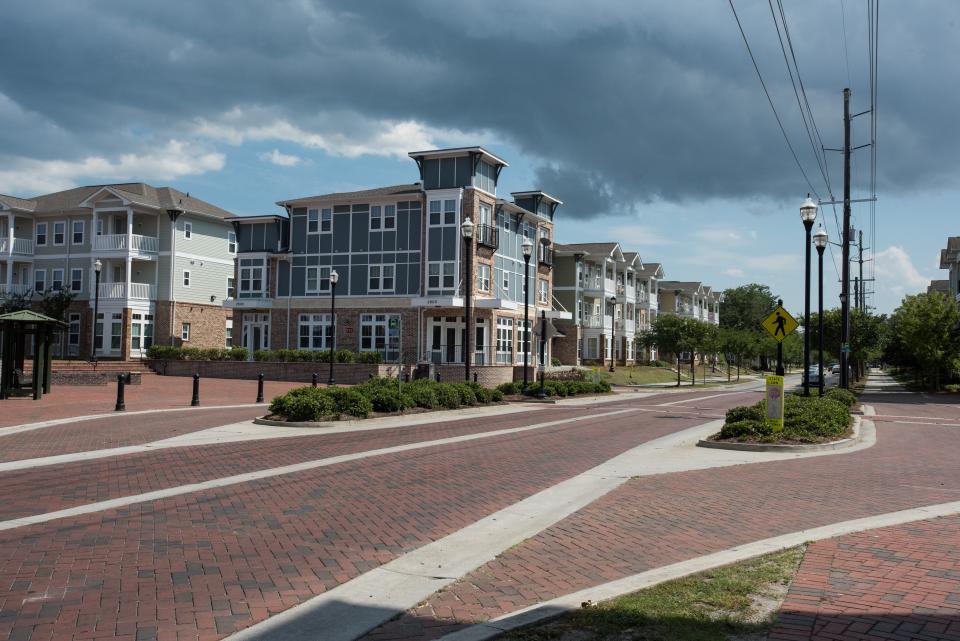Savannah's housing shortage persists. To find answers, ask more questions - sooner the better

This is the City Talk column by Bill Dawers, a longtime contributor to the Savannah Morning News.
In a recently released study published under the title “More Flexible Zoning Contains Rising Rents," the nonprofit Pew Charitable Trusts found that U.S. cities that allow more housing construction experience “sharply” lower rent growth than the national average.
No surprise there. To a significant degree, the high cost of housing is being driven in the Savannah area and elsewhere by the imbalance of supply and demand.
The Pew study looked at four cities that had added significant flexibility in their zoning codes: Minneapolis; New Rochelle, New York.; Portland, Oregon; and Tysons, Virginia.
Each of the four cities increased its housing supply by 7% or more from 2017 to 2021, while median rents increased by less than 4% on average from 2017 to 2023. Compare that to the national averages during those periods of a 3% increase in the number of homes and a 31% increase in median rents.
The Pew analysis noted that most of the new housing in these locals is market rate, so the addition of new housing doesn’t necessarily address the needs of lower-income households.
“Although rents remain fairly high in the four places examined, they are certainly lower than they would be if the cities had not allowed more housing,” said the Pew analysis. “And the fact that rents grew faster, often much faster, in nearby towns and cities, shows that no city can solve regional housing affordability on its own.”
More City Talk: : Policy, politics collide with fall elections looming for Savannah council

What about the housing growth rate here?
According to U.S. Census data, both Savannah and Chatham County added housing units at a faster rate than population growth from 2010 to 2020, but those numbers tell only part of the story.
Some neighborhoods in Savannah have been experiencing gentrification and major demographic shifts for more than two decades, and housing demand seems to have accelerated in recent years because of the pandemic and other factors.
And we shouldn’t forget about the proliferation of short-term vacation rentals, which have forced many renters out of the downtown market and constrained supply.
The need for more affordable housing and more housing generally became the focus of the most recent Savannah City Council meeting, which was characterized as usual by moments of clarity and long stretches of repetition and dissension. The debate played out in discussions of a rezoning on West 42st Street, the plans for affordable apartments at 1700 Drayton St. and the proposed affordable housing for seniors that will be part of the fairgrounds redevelopment. The latter two projects need city support in efforts to secure hard-to-get state tax credits.
More City Talk: Boomtown? Savannah's job market maintains strength even as fears of recession persist
Where to go from here
The Housing Savannah Task Force established a framework for increasing the amount of affordable housing, but it has become clear that elected officials and staff should be creating a broader plan for increasing the number of housing units within the city limits, with special attention to minimizing sprawl and its deleterious impacts on traffic and infrastructure.
Ideally, such efforts would be part of a region-wide housing plan that would take into account the construction of the Hyundai plant and related businesses, which will likely accelerate population growth.

But Savannah leaders can’t wait for a broader regional effort. They need to be looking ahead with the assumption that housing demand will continue to increase, possibly for decades.
And then they need to start asking basic questions: How many new units might be needed? Where should they be located? How can we accommodate that additional density and still protect quality of life for residents?
And what policies need to be enacted in the next few years to ensure smart growth for the next few decades?
Contact Dawers via @billdawers on Twitter and CityTalkSavannah@gmail.com.
This article originally appeared on Savannah Morning News: Savannah Chatham housing shortage increases rent growth and prices

